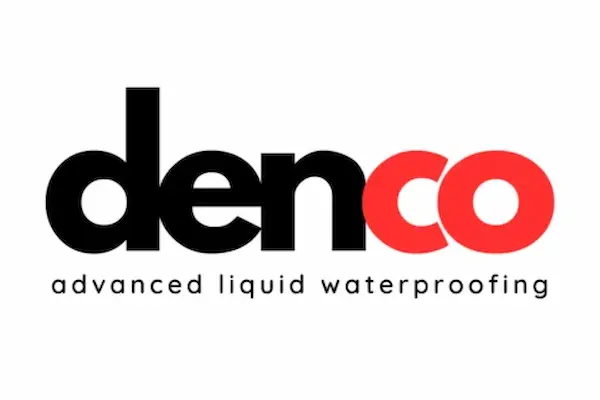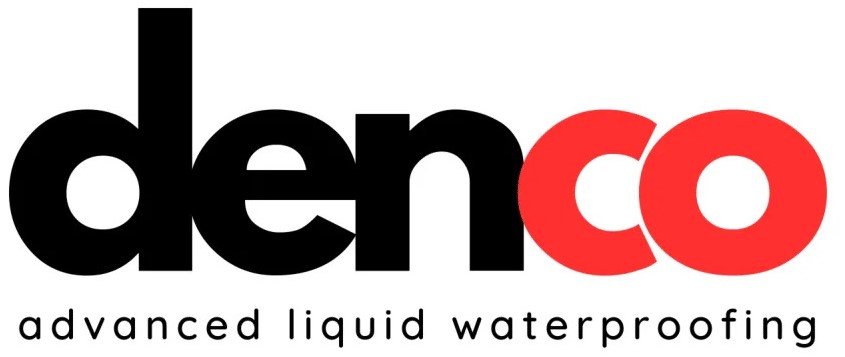
Lead work Contractor London
Denco Waterproofing, London’s trusted specialist in lead work, stands out with its 35 years of experience in heritage architectural metalwork. Our certified lead workers blend traditional techniques with modern innovation to deliver flawless installations across historic landmarks and contemporary buildings. We guarantee compliance with BS EN 12588 standards and offer 30-year material warranties. Our uncompromising focus on weatherproofing integrity, structural safety, and heritage conservation sets us apart in the industry.
HERITAGE
-
RESIDENTIAL
-
COMMERCIAL
Lead roofing London
Specialist Lead Roofing Contractor: Denco Waterproofing
Denco Waterproofing stands out as London’s lead roof specialists due to our expertise and commitment to delivering high-quality work. Our success is built on meticulous work and a deep understanding of traditional and modern leadwork techniques. Clients trust us for our transparent approach, reliable service, and durable solutions that protect their properties for years to come. We foster strong client relationships, delivering exceptional results and solidifying our reputation as London’s premier choice for superior lead roofing.


Lead guttering London
Our premium lead guttering solutions across London, a perfect blend of heritage work and modern innovation, offer unparalleled durability with a lifespan of 50+ years. They provide weatherproofing and elegance that enhance your property’s value, ensuring protection against London’s harsh climate while adding to its architectural beauty.
Our Lead Work Services
At Denco Waterproofing, we are your one-stop solution for premium lead installations. We specialize in all roofing and architectural applications, ensuring that your property is protected with our high-quality lead work.
Lead Flashing
We offer Lead flashing services London. We install custom-fabricated lead sheets at roof junctions, chimneys, and penetrations to create waterproof seals and prevent water ingress.
Lead Cornice
We use decorative and protective lead mouldings along roof edges and architectural features to enhance weather resistance and aesthetic appeal.
Lead Flat Roof
We utilize lead sheets that offer superior durability and leak protection for low-slope structures, ensuring the complete installation and waterproofing of flat roofs.
Lead Capping
We provide protective lead coverings for parapet walls, coping stones, and masonry features, helping to prevent water damage and extend the structural lifespan of these features.
Lead Pitched Roof
We offer custom-formed, expertly installed lead roofs for sloped roofs with complex geometries.
Lead Hips and Ridges
We use specialized lead coverings for roof apexes and angled junctions to ensure watertight seals at critical stress points.
Lead Box Gutter
Fabrication and installation of concealed lead gutters within roof valleys, we provide discreet and high-capacity drainage systems.
Lead Turret Roofs
Our custom-designed solutions for conical roofs, towers, and complex architectural features require precise metal forming techniques.
Key Advantages of Our Leadwork
100+ year lifetime with proper installation
Natural self-healing properties that maintain waterproof integrity
Complete recyclability and environmental sustainability
Exceptional malleability for complex architectural details
Fire-resistant and weatherproof performance
Why Choose Denco Waterproofing for Lead Work
Heritage Expertise
Specialists in listed building compliance
Lifetime Warranties
30-year guarantee on materials/artistry
StormReady™ Systems
Wind-uplift tested to 150mph
Zero-Waste Policy
100% recycled lead sourcing
24/7 Emergency Repairs
London’s fastest response team
Experience
35+ Years of Experience in Installing Lead Work
Lead Workers
City & Guilds and NVQ Qualified Leadworkers
Certificates
Hold up-to-date CSCS Cards and HSE Certificates
Projects Delivered
High Quality Projects Delivered on Time
Fitted lead roofing systems
Expertly fitted lead roofing systems across multiple Grade I and Grade II listed landmarks, historical buildings, and church architecture.
Lead Roof Maintenance Plan
Proactive care can extend a roof by decades. Our program includes:
Service Interval | Key Actions | Result |
Bi-Annual | Sealant checks, debris clearance | Prevents water ingress |
5-Year | Complete expansion testing, re-bedding | Maintains structural integrity |
Decadal | Complete system refurbishment | Restores original performance |
Our Lead Roof Installation Process
At Denco Waterproofing, we always follow:
FAQ's
Modern lead code BS EN 12588 contains <0.1% impurities – rainwater meets WHO drinking standards.
Our patented LeadFlex system accommodates up to 12 cm of thermal movement. It is ideal for green roofs.
Modern lead code BS EN 12588 contains <0.1% impurities – rainwater meets WHO drinking standards.
Our patented LeadFlex system accommodates up to 12 cm of thermal movement. It is ideal for green roofs.
Installed over 30mm insulation, it's quieter than tile or slate.
Our 3 mm-thick "SquirrelShield" deterrence channels prevent gnawing.
We micro-engrave postcodes and register all installations with the National Property Marking Database.
Installed over 30mm insulation, it's quieter than tile or slate.
Our 3 mm-thick "SquirrelShield" deterrence channels prevent gnawing.
We micro-engrave postcodes and register all installations with the National Property Marking Database.
Protect Your Building's Legacy
Contact Denco before the autumn rains for a lead condition survey. Our diagnostic drone team provides same-day reports with priority booking for NHS facilities, schools, and Grade I buildings.

